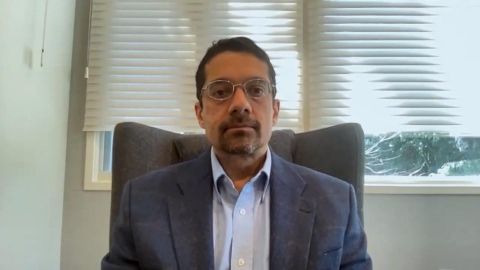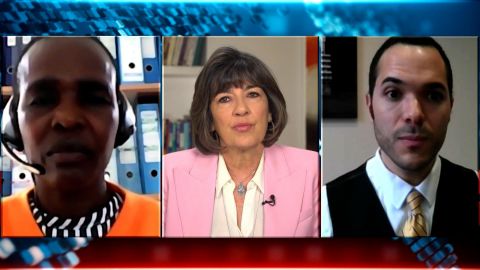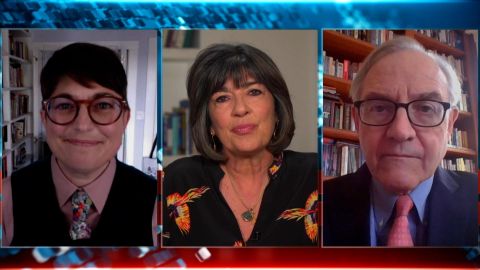Read Transcript EXPAND
E.J. DIONNE, COLUMNIST, “THE WASHINGTON POST”: And I think the interesting question will be, will this approach last? Will it be extended, and I think the two areas where we’re going to see if it can be extended are in the child tax credit, and which is refundable, so it goes to people, even if they don’t pay income taxes, thus to the poor. That’s the one that cuts child poverty in half. And there’s a lot of talk of extending that not only among Democrats, but also among Republicans. Mitt Romney put forward his own proposal on the child credit to make it permanent. And the other are the fixes to Obamacare, which Democrats have been trying to make for a long time, and they weren’t able to make when Republicans held Congress, which really lowered premiums for an awful lot of people in the lower part of the middle class. And so you have got something here that’s quite extraordinary in terms of changing the direction of our social and economic policy, and also something that can be built on if the political forces are still there to build on them.
CHRISTIANE AMANPOUR: Let me play this, a little bit of a sound bite interview from Bernie Sanders, who is obviously the father of progressivism in the U.S. Senate and has been talking about this for decades. This is what he said as President Biden signed the bill.
(BEGIN VIDEO CLIP)
SEN. BERNIE SANDERS (I-VT), PRESIDENTIAL CANDIDATE: This is the most significant legislation for working people that has been passed in decades. And I think what shocks many in the establishment, and certainly my Republican colleagues, is that we wrote a bill to address the crises facing working families and the middle class and low-income people, and not the wealthy and large corporations and their lobbyists.
(END VIDEO CLIP)
AMANPOUR: So, Annalee, I want to go back to ancient Rome. I want to talk about the refugees and, as you mentioned, the liberti, the freedmen, the slaves who basically saw social mobility. But, also, tell me, did this largess, this investment by Emperor Titus, did it last for a long time, or was it a one-time thing? I mean, in other words, how did the Roman Empire meet the needs of the people, not just in that one-off instance, but thereafter?
ANNALEE NEWITZ, AUTHOR, “FOUR LOST CITIES: A SECRET HISTORY OF THE URBAN AGE”: I think it’s really important to note that this relief effort was almost entirely pumped into jobs and infrastructure projects. So, what Titus did was, he used all that money to build new towns and new roads for those towns. He also built leisure parks for those towns in the form of colosseums that actually were exact replicas of the Roman Colosseum, which his father had built. And what we saw was basically generational social mobility out of this.
About This Episode EXPAND
E.J. Dionne Jr.; Annalee Newitz; Alexander McLean; Jane Manyonge; Shankar Vendantam
LEARN MORE


